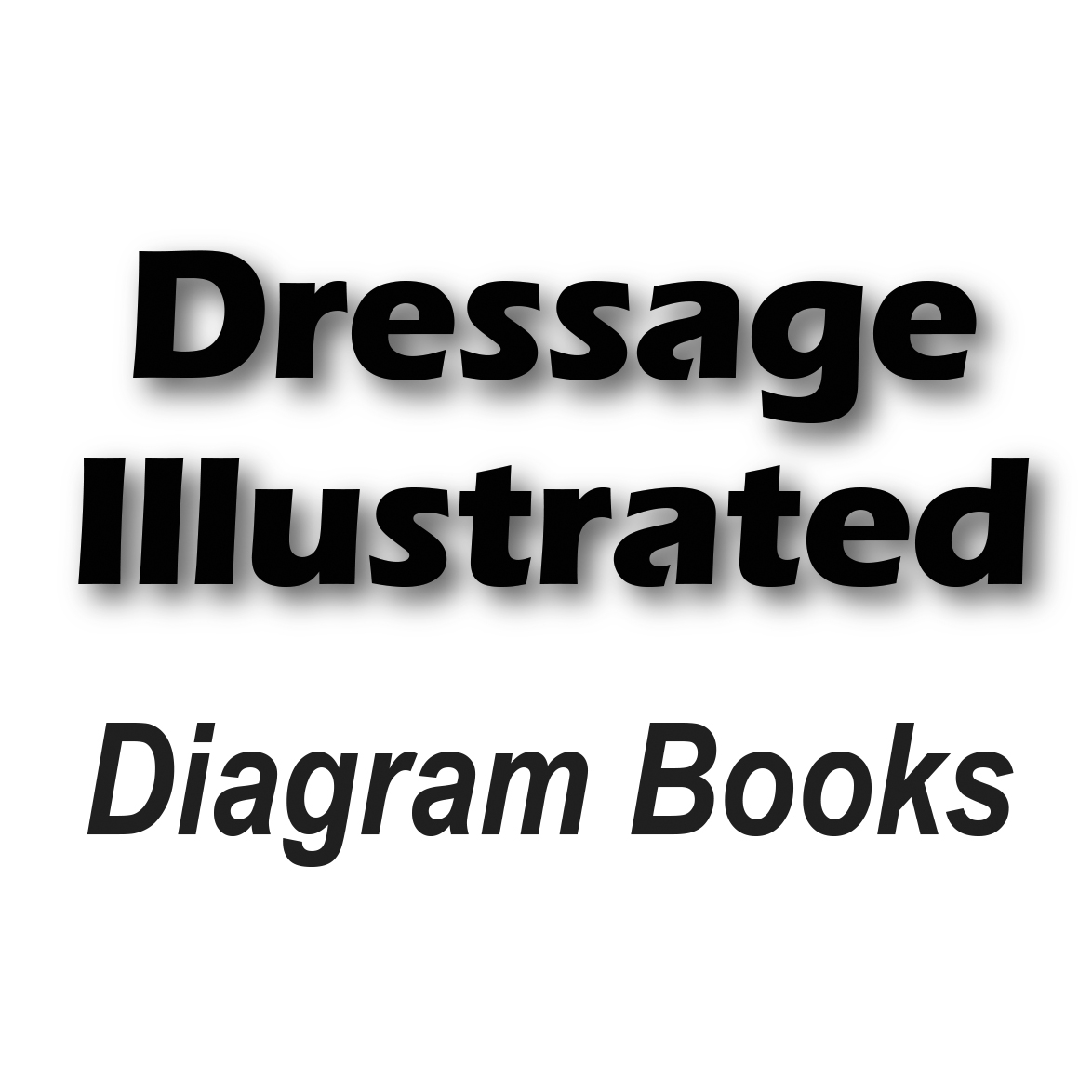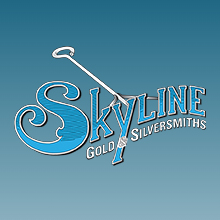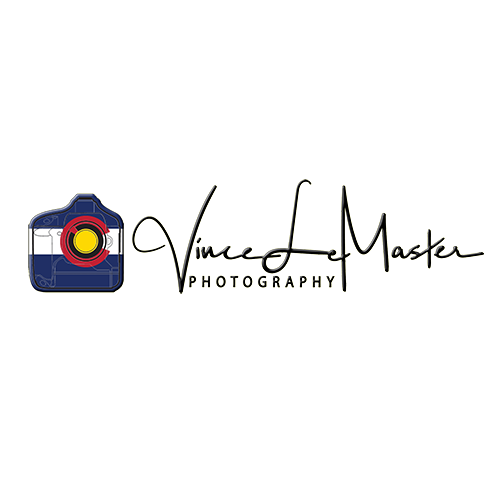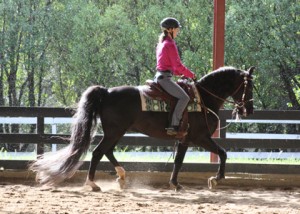 A mission statement which honors the horse and values the partnership between horse and rider requires an intense look at the way in which horses are trained to become part of that partnership. It must consider the mind of the horse and the way it responds to training techniques; it must consider the horse’s soundness and future use so the horse remains comfortable and free of lameness for years of use. It must consider the horse’s limitations as well as its assets, both physical and mental, so that each horse as an individual can reach its potential while remaining open to learning in its training routine. It must equally consider the owner/rider of that horse, his or her expectations and desired uses of that horse. For some a horse may be a trail ride companion; for others it may offer competition at the highest levels. Fortunately, horse training has evolved over many years from the crude methods once used and applied to every horse indiscriminately. There is now recognition of individual temperament and suitability of a horse to both rider and discipline as well as the training method that will work best for that horse. We believe that Western Dressage has taken another step in the right direction for the benefit of both horse and rider.
A mission statement which honors the horse and values the partnership between horse and rider requires an intense look at the way in which horses are trained to become part of that partnership. It must consider the mind of the horse and the way it responds to training techniques; it must consider the horse’s soundness and future use so the horse remains comfortable and free of lameness for years of use. It must consider the horse’s limitations as well as its assets, both physical and mental, so that each horse as an individual can reach its potential while remaining open to learning in its training routine. It must equally consider the owner/rider of that horse, his or her expectations and desired uses of that horse. For some a horse may be a trail ride companion; for others it may offer competition at the highest levels. Fortunately, horse training has evolved over many years from the crude methods once used and applied to every horse indiscriminately. There is now recognition of individual temperament and suitability of a horse to both rider and discipline as well as the training method that will work best for that horse. We believe that Western Dressage has taken another step in the right direction for the benefit of both horse and rider.
A significant part of that new direction came from a growing awareness that horses learn better in an environment conducive to that learning process. This simple concept created a revolution in the treatment and training of horses. From the seeds planted by men such as Tom and Bill Dorrance grew new and more humane methods of starting colts and finishing performance horses. Light hands, subtle cues, and an appreciation for the ultimate benefits derived from a true partnership between horse and rider all led to a revolution in Western Horsemanship. It was only natural that at some point on this journey east would meet west, english would meet western, and Classical Dressage would meet the spirit of the western horse. When that day arrived, Western Dressage was born.
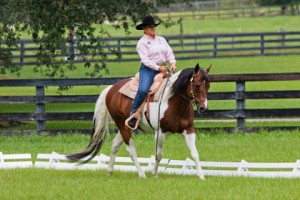
From this, it is clear that the Western Dressage discipline is a melding of training methods. Classical Dressage brings the techniques of master European horsemen, techniques that are hundreds of years old and based upon principles which encourage cadence, balance, and carriage. It is technical and it is precise, a rigorous discipline for horse and rider. It is also an art. Western Horsemanship has been practiced on the ranches of the American West since the 1700s and even earlier through the traditions of the Spanish vaqueros. The subsequent advances in Western Horsemanship begun by the Dorrance Brothers and practiced by a new generation of horsemen and women opened the door to the mind of the horse, encouraging patience and understanding. The concept of “lightness” and subtle cues grew from its acceptance. They found that the result was good for both horse and rider.




